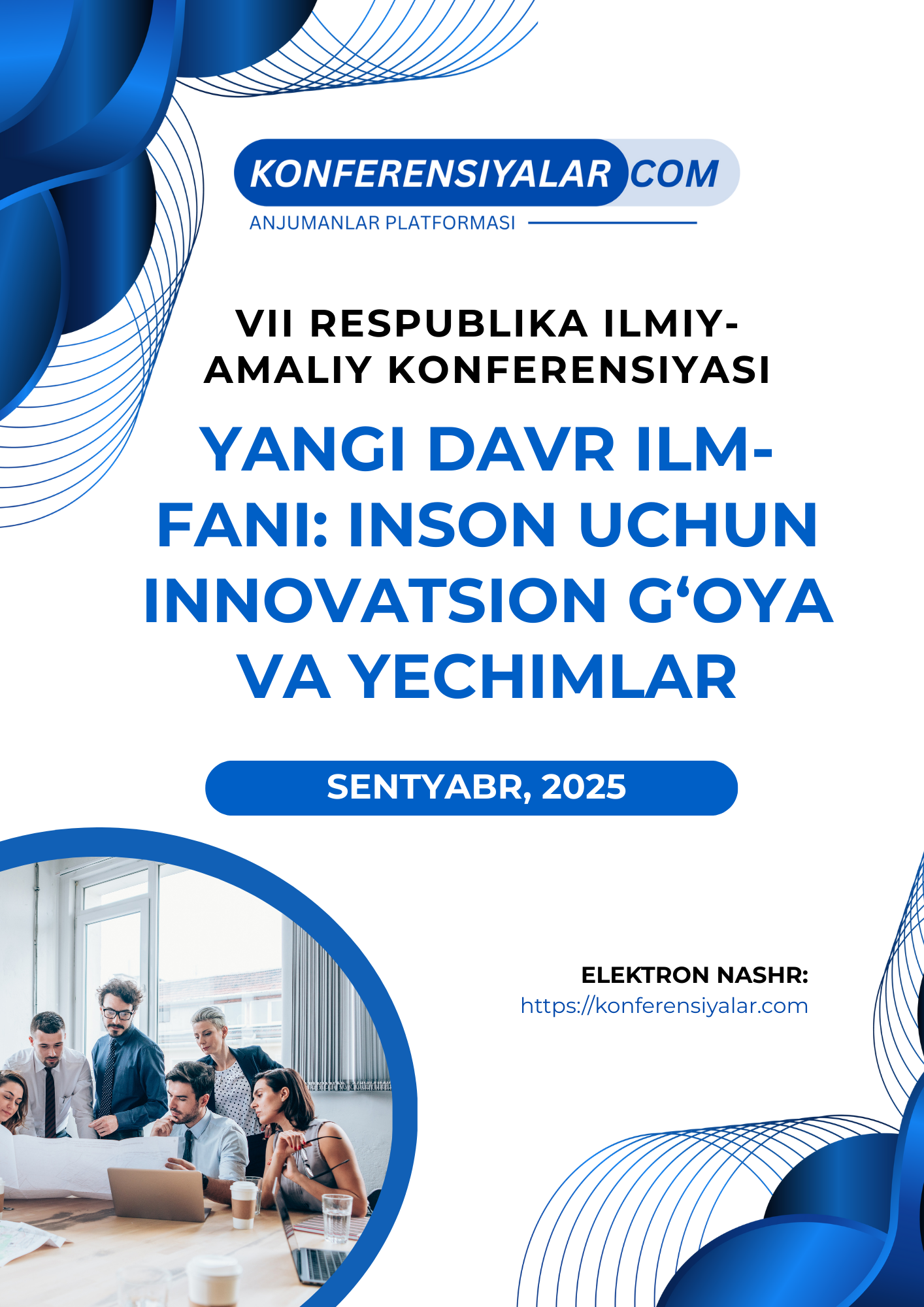PEDAGOGICAL-PSYCHOLOGICAL ASPECTS OF THE USE OF ARTIFICIAL INTELLIGENCE IN THE EDUCATIONAL PROCESS
DOI:
https://doi.org/10.47390/ydif-y2025v1i7/n13Keywords:
artificial intelligence, educational technologies, adaptive assessment, individualized education, TPACK model, SAMR model, digital fatigue, psychological safety, constructive pedagogy, educational motivation.Abstract
The article analyzes the introduction of artificial intelligence (AI) technologies into the educational process, its impact on the form, content and methodology. It is noted that the use of AI tools has expanded the possibilities of individualizing education, real-time adaptive assessment systems and automatic analysis of large volumes of educational data. The role of systems such as ChatGPT, Khan Academy AI, Quizlet, Teachable Machine in creating resources that are tailored to the level of knowledge, learning rate and didactic needs of students is highlighted. At the same time, the negative impact of technologies on traditional teacher-student communication, motivation and psychological adaptation processes is also shown - social isolation, digital fatigue, psychological pressure, etc. It is noted that the combination of technological, methodological and psychological approaches in the introduction of SI technologies into education is the main condition for improving the quality of education.
References
1. Koehler, M. J., & Mishra, P. (2009). What is technological pedagogical content knowledge (TPACK)? Contemporary Issues in Technology and Teacher Education, 9(1), 60–70. https://citejournal.org/vol9/iss1/general/article1.cfm
2. Nafasov M. M. (2022). O‘qitishda zamonaviy texnologiyalarni joriy etish – SAMR modeli. “Zamonaviy dunyoda ilm-fan va texnologiya” nomli ilmiy-amaliy konferensiya. Том 1 № 2 B. 4-7.
3. Puentedura, R. R. (2014). SAMR and TPCK: Intro to advanced practice. Retrieved from https://www.hippasus.com/rrpweblog/archives/2014/06/29/SAMR_TPCK_AdvancedPractice.pdf
4. Hammond, Z., & Jackson, Y. (2015). Culturally Responsive Teaching and the Brain: Promoting Authentic Engagement and Rigor Among Culturally and Linguistically Diverse Students. Corwin Press.
5. Holmes, W., Bialik, M., & Fadel, C. (2019). Artificial Intelligence in Education: Promises and Implications for Teaching and Learning. Center for Curriculum Redesign. https://curriculumredesign.org
6. Van Laar, E., Van Deursen, A. J., Van Dijk, J. A., & De Haan, J. (2020). Determinants of 21st-century skills and the roles they play in the employability of university graduates. Computers in Human Behavior, 112, 106481. https://doi.org/10.1016/j.chb.2020.106481



 This work is licensed under a
This work is licensed under a 